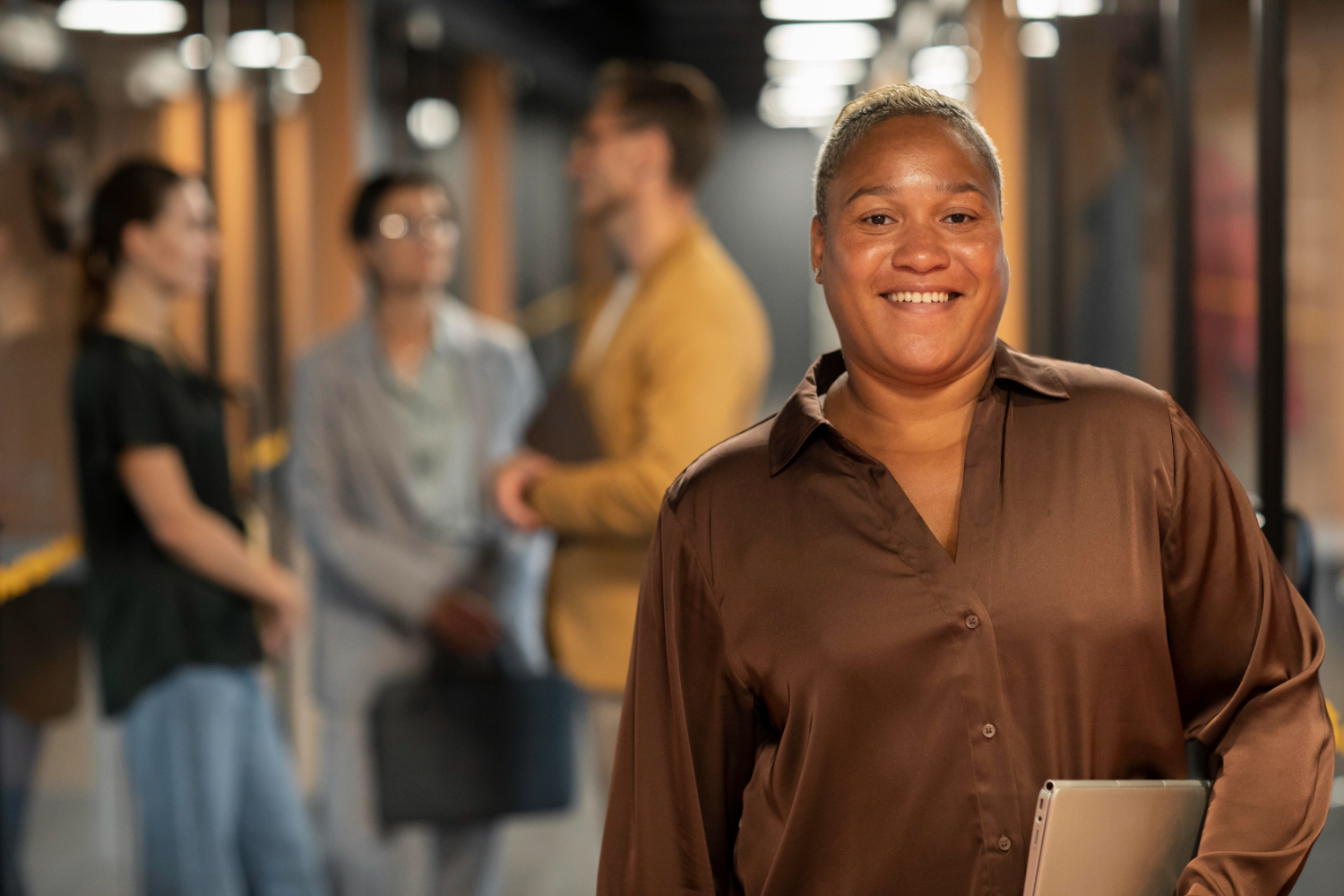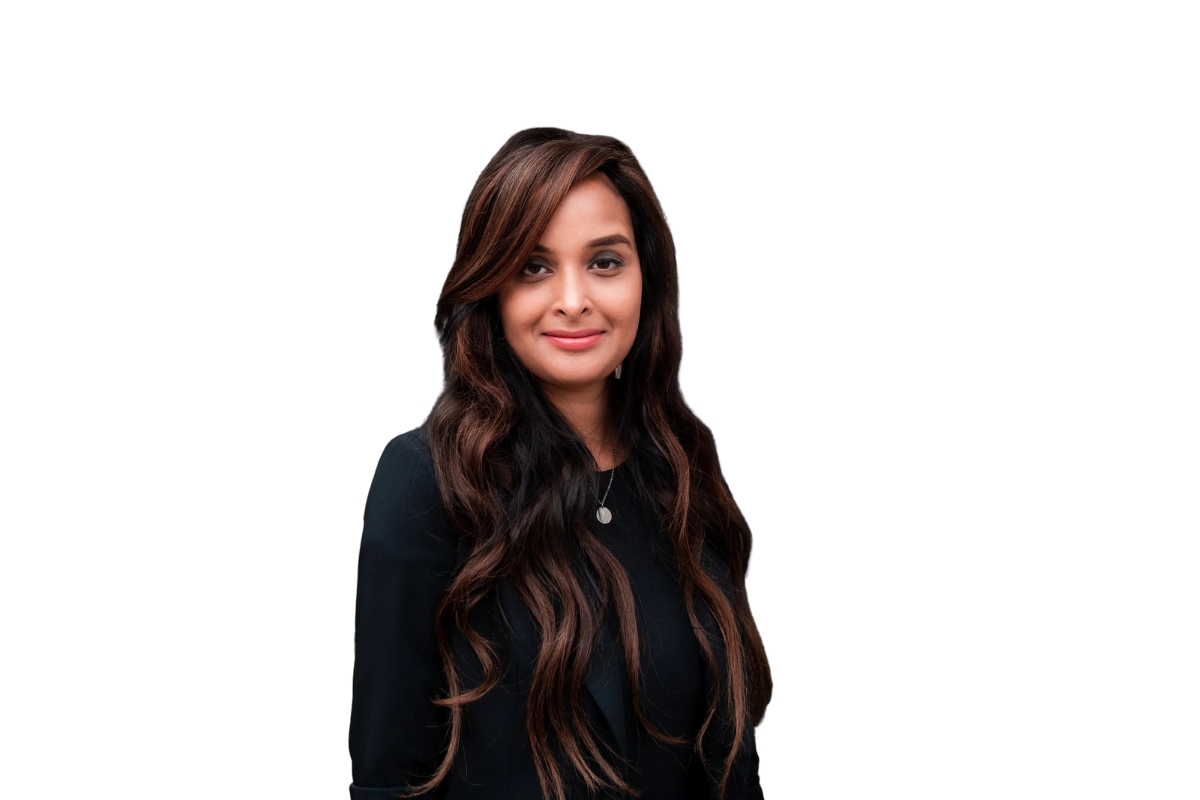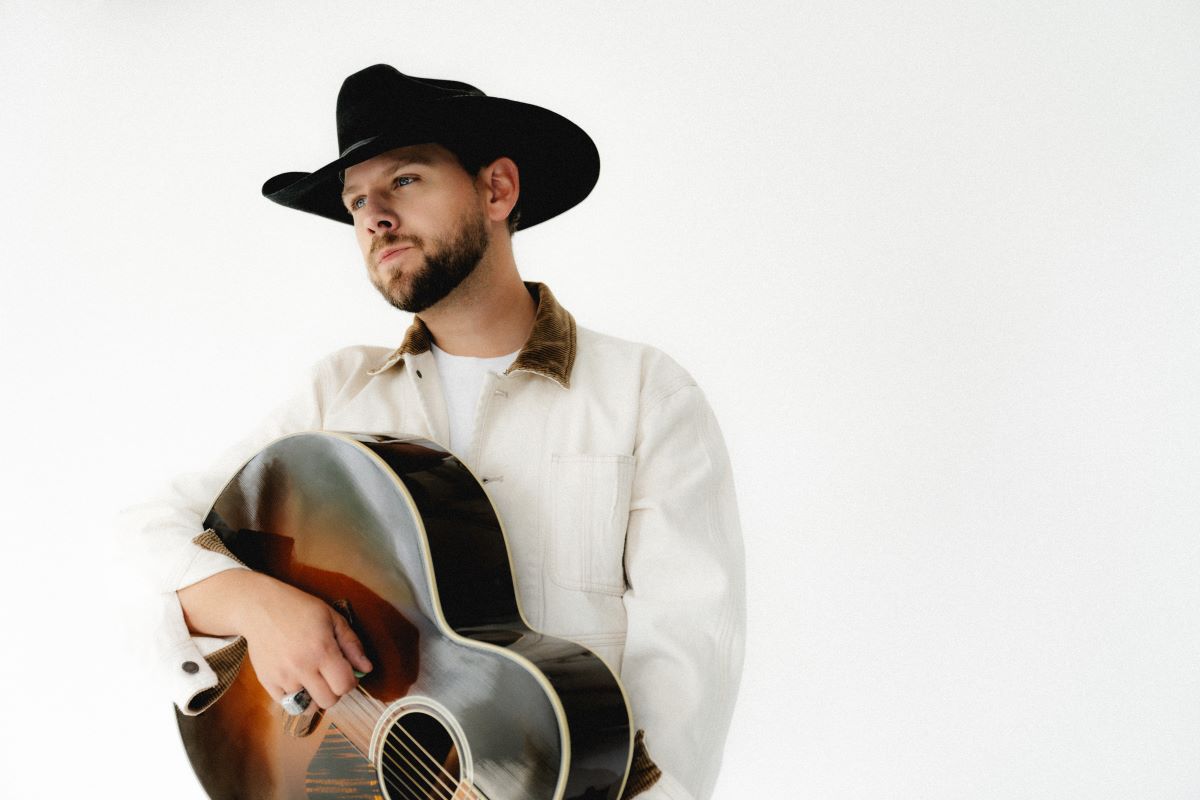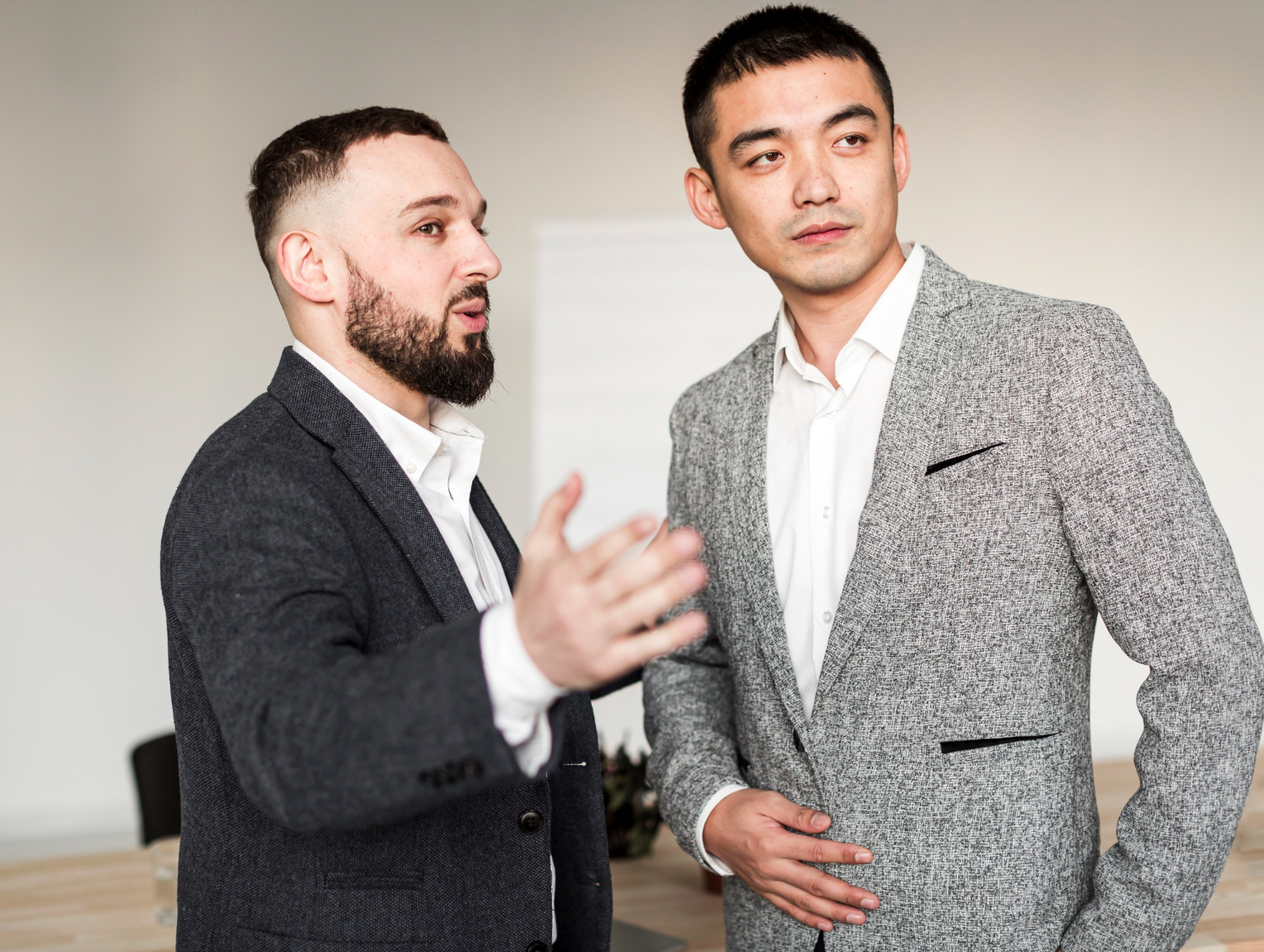Photo courtesy of Priya Chopra.
The push for more diversity in the workplace began long before the events of 2020. When companies began forefronting diversity, equity, and inclusion, few were better equipped than Priya Chopra’s 1Milk2Sugars.
Since the founding of the bilingual marketing agency in 2012, the company has tripled in size and boasts a client list including the likes of Sotheby’s, L’Oreal, and Pfizer.
In 2020, Chopra launched Double Shot, a diverse talent agency focused on highlighting underrepresented creators and influencers in lifestyle marketing — although Double Shot was a concept that had been percolating as early as 2018.
As we learned, it was Chopra’s own personal background and relationships that inspired the founding of the agency.
What is it like as you run both 1Milk2Sugars, a successful marketing agency, and now Double Shot, a new talent agency for BIPOC influencers?
It’s exciting to be working on something new. To give you some context with 1Milk2Sugars — that’s a company that I built from the ground up, so it’s been a lot of hard work on one specific project.
Double Shot came at a time that, both personally and professionally, I think was the right moment, not only for my skill set, but also for my personal calling. I’m now in my early 40s, I have three children, and I’m really looking to have more purpose and social impact in the work that we are doing and do something for the next generation.
I’ve been an entrepreneur for so long and worked with some of the top brands in the world. I thought there was a lot of insight that I could share with a specific group that I felt would need it the most. That’s why I started Double Shot.
But the other reason that I think Double Shot was something that I wanted to start was that in my personal world, there’s so much diversity. My kids are a blend of East Indian and Haitian and French; my sister is from Laos; my friends are from every corner of the world — from Guyana to Italy to Mauritius to Lebanon.
By contrast, in my work, I just was not seeing the diversity that I personally lived in every day. It became clear to me what the mission of Double Shot was all about.
Last year, a study revealed the pay gap between BIPOC and white creators was 29 per cent. How has Double Shot worked to address the pay gap? And what are some of the challenges you faced?
One thing that I noticed many years ago was that diversity is not new. It’s not that there haven’t been diverse influencers in campaigns. But let’s say you had a campaign of 10 influencers, and you had one or two people of colour. That would be considered enough. But it was tokenism. The pool of work was still going much more to white creators. Amongst the diverse creators, I also found that we were often seeing the same people all the time.
Another thing that we noticed was that people of colour were often underquoting and low-balling. That was something that we saw in comparison to white creators. I think it was more so when they were not represented by an agent. If they were representing themselves, there could be a lack of guidance or benchmarking.
Pricing and influencer marketing are still super unregulated. All of this to say, there’s so many variables, and so many insights there. Double Shot basically offers invaluable insights because we see the disparity firsthand, and we want to make sure it’s more balanced.
You mentioned COVID. Beyond the obvious, what’s the most significant change in your business in the past two years? What were the hardest lessons you’ve learned?
In 2019, before COVID, we started to work a lot on building the culture of our company. We actually took the help of a leadership coach. It was well over six months that we worked on the positioning of 1Milk2Sugars and what our mission, vision, and values are. Basically, the exercise that we do with clients on our business planning side, we had to do it for ourselves.
And it really got us through COVID. We’re still, unfortunately, living in it today. I could say that I had the experience of running a remote team because I live in Montreal and a lot of my team is in Toronto, so that helped as well. But the distance actually brought us closer, and I think a lot of the reason why it did that was because of the strong work we did on building a solid foundation and gaining an appreciation of our people and being a people-first business.
In other interviews, you’ve mentioned the importance of knowing who you are, before starting a business. Running this business so far, what have you learned about your capabilities and limitations?
I started my first business when I was 23 years old. I was very young. I had no network. I didn’t have a deep understanding or ownership of who I was at that time. Definitely, there are a lot of stumbling blocks when you start a business that young, but I think now I have a very clear idea of my values, my work ethic, and my leadership style.
I think it’s helped me today, but I can’t say that I’m the best leader I could ever be. I’m still learning. I’m a leader today that’s continuing to learn from my team. Doesn’t matter how long they’ve been in the workplace. I’ve become much more of an empathetic leader.
One of the reasons I’ve been an entrepreneur for so long is that a lot of the corporate rigour and the pressures and expectations was never something I really enjoyed. I wanted to build a family-style workplace. In the long run, I feel what makes people stick around is an environment where they feel they are valued and have a sense of belonging.
Kenny Hedges | Contributing Writer




















